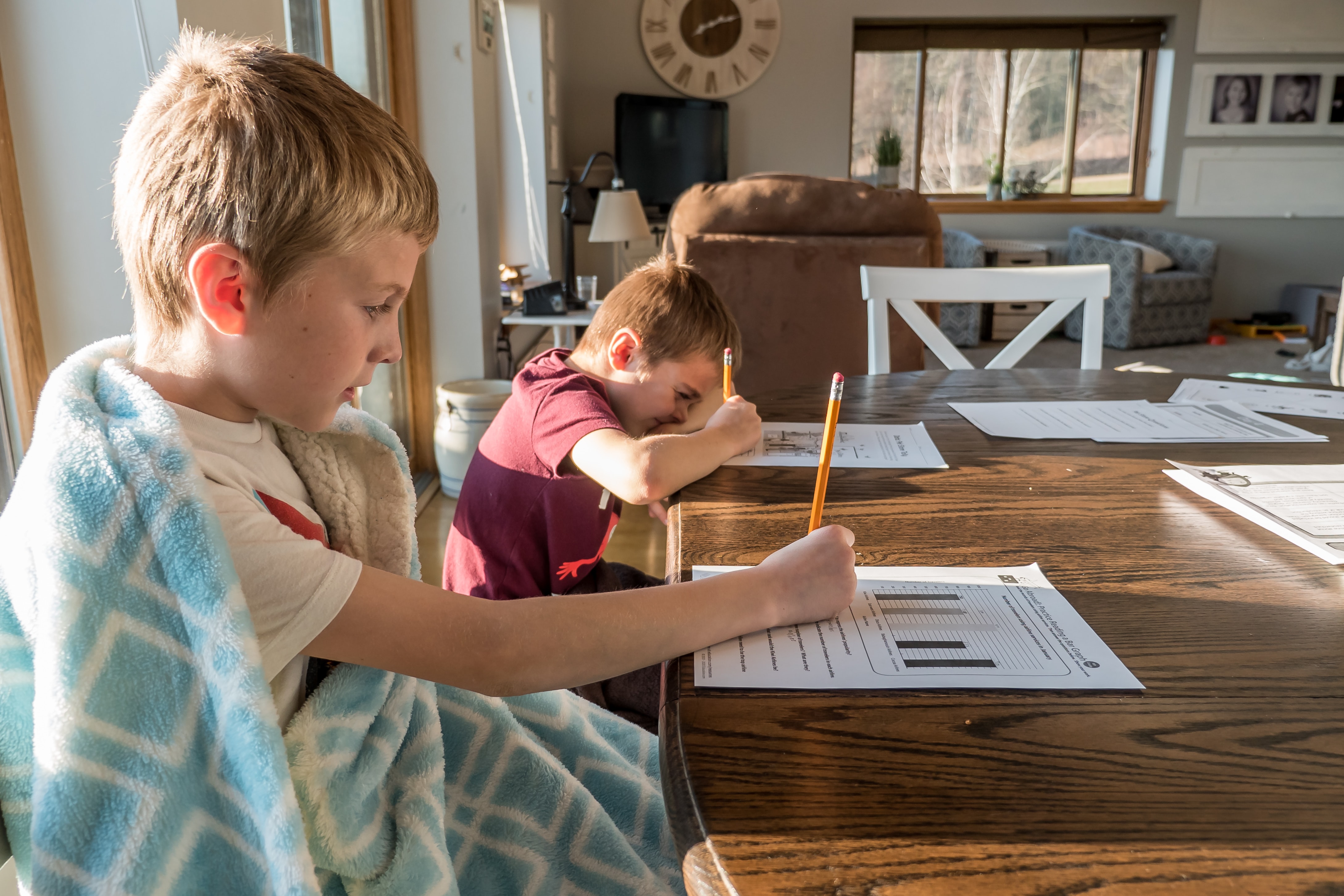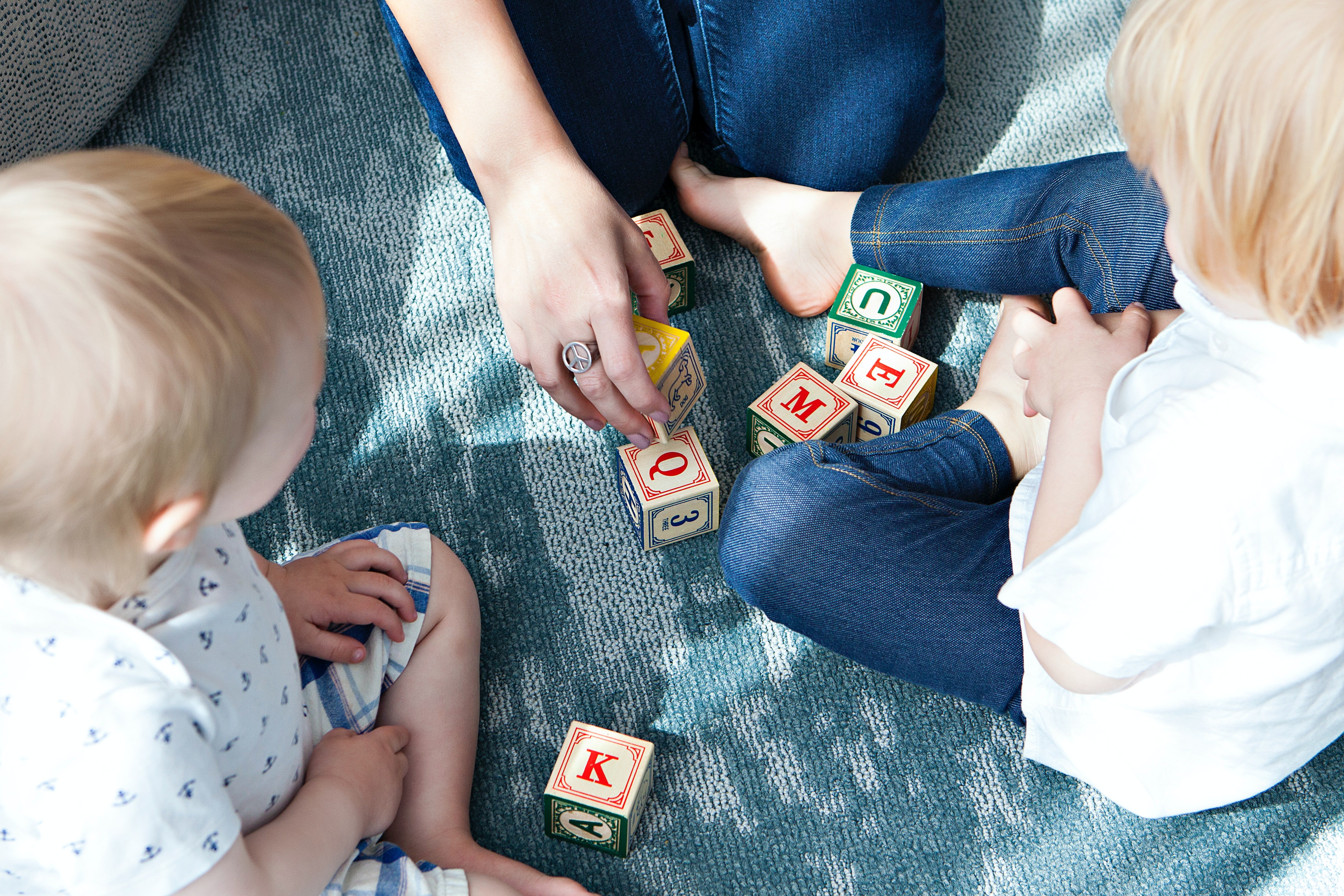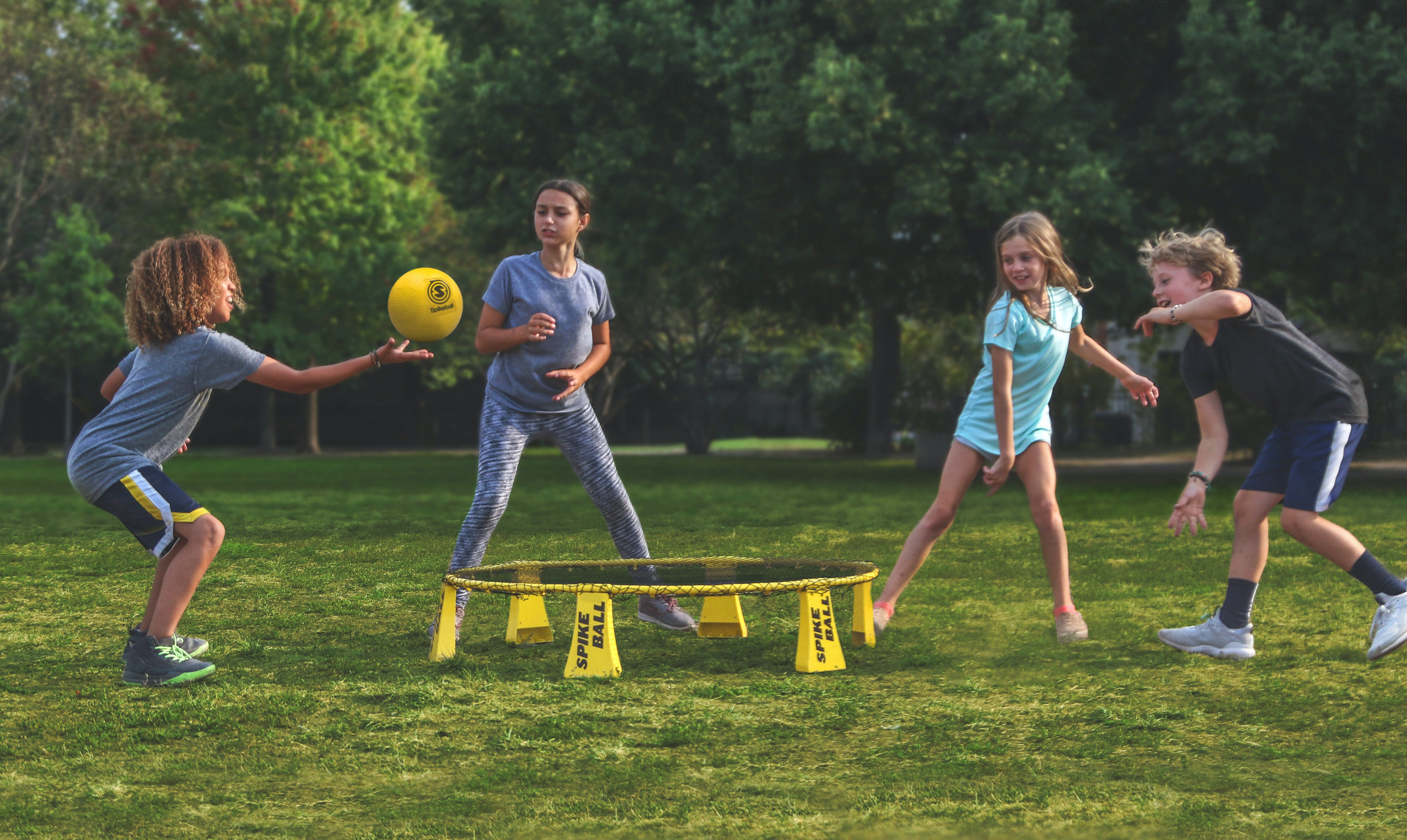Learning beyond the classroom
Home education has its advantages. That might mean waking up late or wearing pyjamas while learning, or having the freedom to create your own schedule. But one of the best things about home education is the opportunity to do school on your own terms. One day you’re working from the kitchen table. The next, everyone is sprawled out on the floor. On other days, you’re learning math at the grocery store, biology at the local farm, or immersing yourself in local culture. The learning opportunities are as vast as you’re willing to make them.
On the other hand, the desire to incorporate learning outside the home education “classroom” is left up to you, the parent. Whether you’ve been home educating for many years or this is your first, there are always those subjects outside your comfort zone that need to be filled.
So what’s a parent to do?
Here are five ways you can supplement your home education.
1. Find fun field trips
Do you remember how much fun field trips were when you were younger? It didn’t matter where you were going as long as you weren’t sitting at a desk and got to hang out with your friends. Fast forward to today, and your kids probably feel the same way.
Nothing is more fun for kids than taking a break from classroom-style learning to explore the world around them. Plus, all members of your family can join in.
Field trips allow you to see and be a part of something outside a book. There are lots of reasons to include field trips to your child’s curriculum:
- Field trips can add to the curriculum you’re using (history or science as examples).
- They introduce new things that kids may not be exposed to.
- Field trips bring learning to “life” (for example, history).
2. Explore your child’s passions and interests
One of the best ways to nurture a love of learning is to help your children explore their passions. Home education allows you to get out the textbook or a set curriculum and spend time on what your kids love.
For example, if your kids are into animals, you can volunteer at a dog shelter, read to cats, or try some goat yoga. Your future engineer can join a lego league or a robotics club.
Remember, supplementing your home education program doesn’t have to mean more textbooks. Hands-on experiential options make for amazing learning opportunities – and memories.
3. Join a club or co-op
One of many parents’ biggest worries around home education is whether or not their kids will get enough socialization. Enter the home education co-op. Depending on where you live, you should be able to find several formal and casual options. For example:
- Classical Conversations, Claritas, etc.
- STEAM clubs (science, technology, engineering, art, and math).
- Art clubs (often offered at local libraries or art centres).
- Book clubs - starting or joining a book club is an easy way to help your child foster a love of reading.
- Or join a virtual club on Outschool! From book clubs and art clubs to chess clubs and social clubs, Outschool is a great place to meet new people who share your passion.
- Looking to make long-term friends? Enrol in a learning pod and join a group of kids who learn at least two subjects together in a set cohort, with one or multiple teachers.
You can also join online home education learning groups and co-ops.
4. Get outside!
Don’t be afraid to venture outside your classroom or take your learning outside. One of the best ways to learn is through nature. Below are a couple of ideas to get you started:
- Go backpacking, camping, and hiking whenever you can.
- Take an in-person or virtual road trip to the National Parks.
- Join a nature journaling club and practice your artistic skills while learning more about nature.
- Sports are a motivating way to get kids learning and moving. Each city has many sporting activities home educated kids can join.
- Trade screentime with outdoor activities. 1000 Hours Outside has awesome suggestions and a curriculum to help you get outside all year. Even if you can’t do them all, there’s something new to keep you inspired and your kids asking for more.
Getting outside can be as simple as doing lessons or reading in the backyard hammock – whatever works.
5. Online learning
There’s a common misconception that because you home educate, you have to teach every. Single. Subject. But, thank goodness, you don’t. Try “outsourcing" topics you don't love teaching.
For example, Outschool started as a resource for home education families who wanted support and community on their learning journey. Whether you’re looking for weekly or semester courses, we’ve got you covered.
Outschool even offers private tutoring. If your child is struggling or just wants some one-on-one time to work on their passion project, consider trying a 1-on-1 class on Outschool.
How Outschool Can Help
Outschool is your go-to resource for unschooling and online home education programs. Whether your child is passionate about foreign languages or computer coding and anime, we’ve got a course for them. Outschool makes it easy with more than 140,000 affordable online classes to supplement your Unschooling home education program. Your kids can dig into a variety of subjects including Anime, Roblox, Dance, Creative Writing, Acting, Music, Drawing, Science, Nature, Video Game Design and thousands more!
As a home educating parent, the world is your oyster. But if you’re feeling overwhelmed, don’t be afraid to supplement. Your job isn’t to be the end-all for your children, rather, it’s to curate resources and opportunities. Outschool is here to help. Let’s learn together










